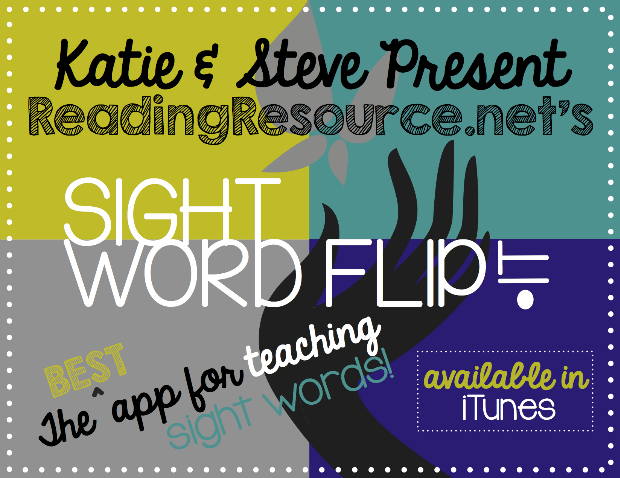what is dyslexia?
the nature and definition
Unfortunately, dyslexia is a term that is loosely applied to explain all reading difficulties. The word is a Greek term “dys” (meaning poor) and “lexia” (meaning words). The term therefore means “difficulty with words".
Dyslexia is a type of specific learning disability that is neurological in origin. It manifests itself primarily as a difficulty with reading and spelling. It is separate and distinct from reading difficulties resulting from factors such as deficiency with vision or hearing, inadequate reading instruction, poor motivation, social problems or low cognitive abilities. Secondary characteristics may include problems with reading comprehension and vocabulary development.
The continued liberal use of the term "dyslexic" to describe children with reading problems is okay since it does highlight the area and nature of the concern as long as we are sure to rule out other causative factors such as the ones mentioned above, especially inadequate reading instruction!
As we described on the Teaching Reading Page, we believe the failure to systematically and explicitly teach phonemic awareness and the advanced written alphabetic code is the cause of many reading problems identified as learning disabilities. Many children simply need better and more timely reading instruction to make adequate gains in reading.
Our initial concerns must be followed by an individual and clinical decision making process to determine the potential causes of literacy problems. This same clinical decision making process should be implemented when determining the contents of an individualized educational program as well.
If you suspect reading problems visit our Dyslexia Help Page!
